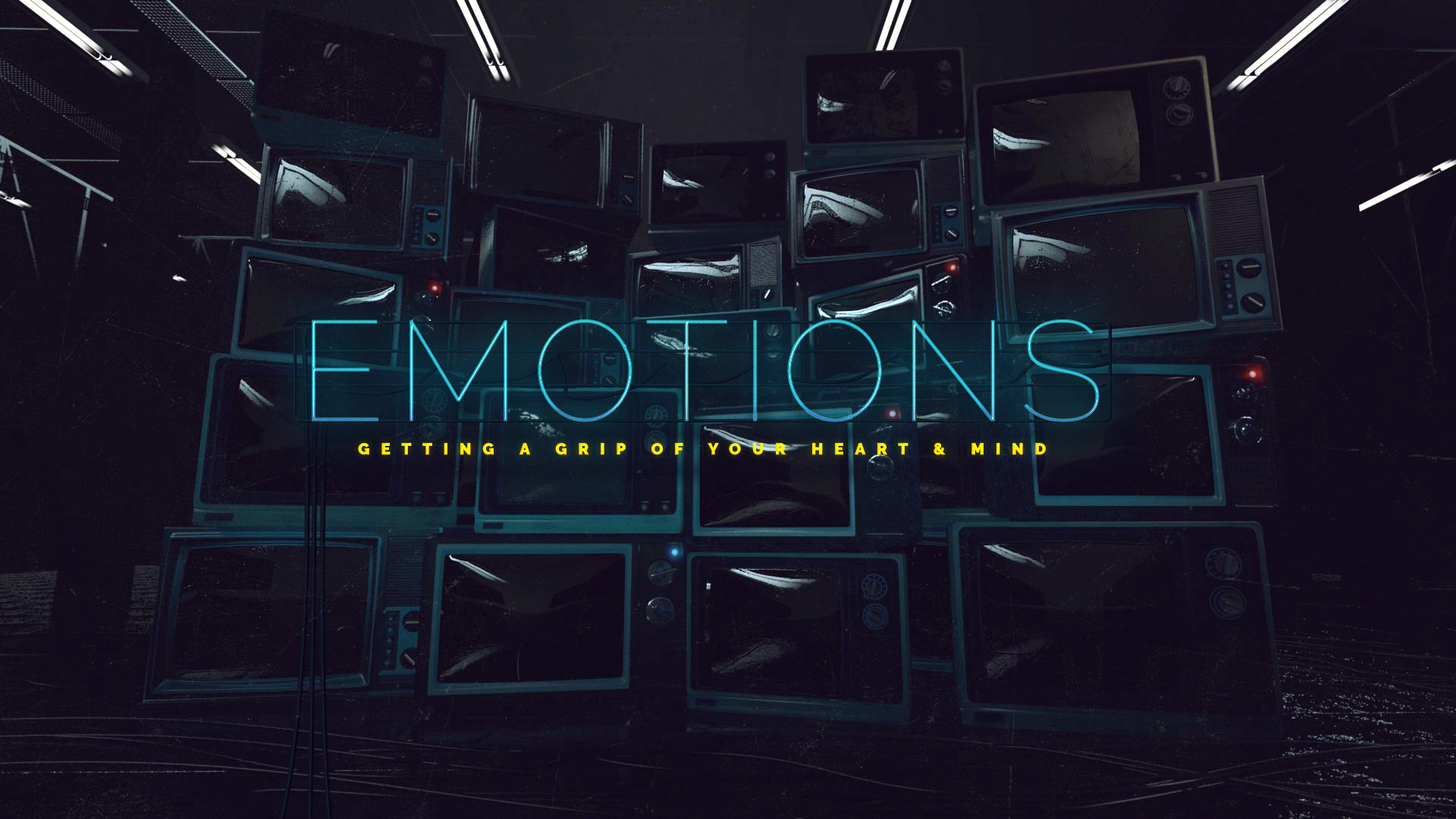-
The Cross - The Answer To Guilt Series
Contributed by Chris Appleby on Nov 28, 2017 (message contributor)
Summary: We need to bring our guilt to the Cross, because: The Cross is the only place that we can be forgiven; The Cross is where we experience God’s love; The Cross is where we know God’s victory over our sin.
Sermon by Rev George Hemmings
Tonight, after all the church events are over, after the boys have gone to bed, you’ll find me flopping down on the couch. There I’ll indulge in at least three of the top five guilty pleasures. I’ll have some chocolate treat on the coffee table, alternating between a trashy novel and catching up on some ridiculous reality TV. We all love guilty pleasures like these don’t we? I wonder what yours are? In case you are wondering, the other two in the top five are expensive accessories and greasy food. The enjoyment we get from these things is somehow heightened by that thrill of knowing we probably shouldn’t be indulging in them. We should feel guilty, but instead we find pleasure in these things.
Real Guilt isn’t as much fun
But real guilt isn’t pleasurable at all, is it? When we think we’ve actually done something wrong, we don’t feel a flutter of excitement. Real guilt is more like gut wrenching despair that eats us up from inside. King David knew guilt intimately, and so he could say of his experience of guilt:
While I kept silence, my body wasted away, through my groaning all day long.
For day and night your hand was heavy upon me; my strength was dried up as by the heat of summer.
This is exactly how I feel when I feel guilty. You feel like you’re wasting away inside, living in fear, anxiety and dread. Life becomes hollow as you await the judgment that you’re sure is inevitable. Just think of the feeling you get when you pass a police car on the road and realize you’ve been doing that little bit over the speed limit. For the next few weeks you keep berating yourself for being lead footed. You live in dread, fearing every letter that comes in the mail. When you know you’ve done something wrong it’s terrible.
And so we do anything we can to avoid feeling guilty. We’ll try pleading ignorance, trying to convince ourselves we’re not guilty, ‘I didn’t know you can’t park in a loading zone.’ We’ll try to share the guilt around, ‘Well everyone ignores that Stop sign.’ Or we’ll try to justify our guilt away, ‘I needed to ‘borrow’ that $10 from the coffee fund at work because I had to catch the tram for a meeting.’ Or even better, we’ll just try to hide from our guilt. That’s what I did when I was just a kid on the farm, and had broken Dad’s drill while trying to build a raft. Right then I knew I’d done something wrong, that I was guilty. But I was terrified of the punishment that I would get, so I hid. Of course that tactic only works for so long. But almost as bad as the belting I received was the feeling of guilt that came beforehand. It’s that feeling of guilty that I was trying to hide from.
We’re not alone in trying to avoid feeling guilty. Our post-modern world cries out, ‘Don’t sweat it!’ We’re told we should live care-free, worry-free and that we shouldn’t be so caught up with feeling guilty. One psychologist recently described guilt as a ‘wasted emotion.’ Why? Well because ‘if you’re guilty, it’s because you’re attached to judgment, and that judgment is coming from outside of you.’ Guilt is redundant, because it’s the result of us clinging to an outside definition of who we are, or how we should behave. At it’s best guilt might, might, point to something about ourselves that we’re not happy with that we might want to change. Our world says that only you should define what’s right and wrong for you. And if that’s the case guilt goes out the window. If it’s only up to me, well anything goes.
But we know this approach is bogus. There are some things outside of us that define how we are to behave. Last week the trial of Anders Breivik, the Norwegian mass killer began. While he admitted to killing 77 people last year, he claimed that he shouldn’t stand trial because he doesn’t recognize the authority of the courts. Imagine if the judge said, ‘That’s fair enough then, off you go.’ We’d be outraged. It doesn’t work like that, it shouldn’t work like that. Justice demands that the guilty are punished. And no matter how hard we try to avoid it, to hide from it, to justify it, to rationalize it, we can’t help but feeling guilty.
The Problem of Guilt
The problem is, we’re all guilty. We feel guilty, because we are guilty!
The Bible is clear that everyone of us is guilty. This goes against everything we’re taught to think. We’re told that we’re basically good people. We like to think of ourselves as basically innocent. But we’re not. We’re inherently guilty. Actually, our guilt, our sin, is something we’ve inherited, from our first parents Adam and Eve. So even from birth we are guilty as David testifies in the Psalms:

 Sermon Central
Sermon Central



